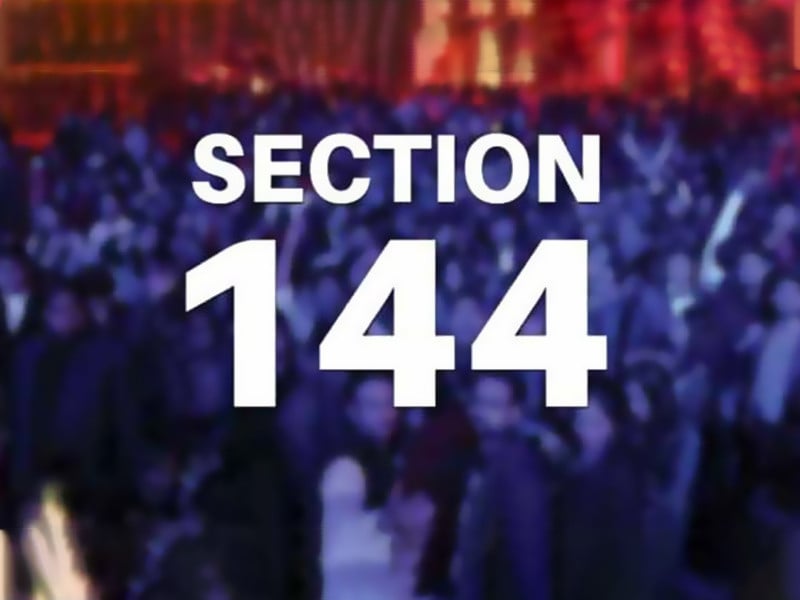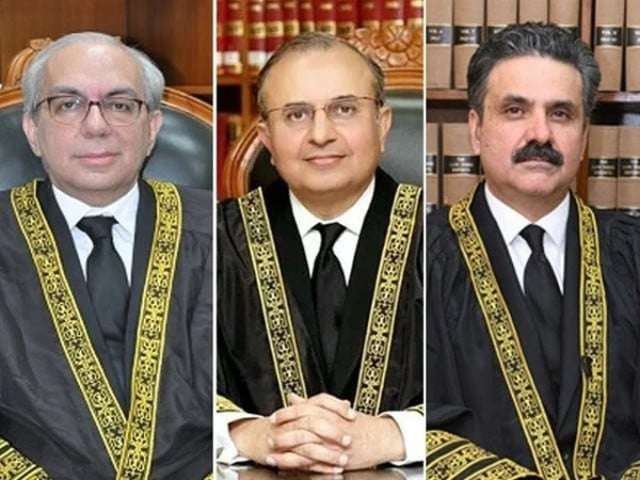All Educational Institutions Closed in Punjab; Hundreds Arrested in Pindi, Faisalabad
LAHORE: The Punjab government has ordered the closure of all educational institutions, including public and private sectors, following student protests that erupted earlier this week in Lahore and quickly spread across the province. The protests were ignited by allegations of a student’s rape.
An official notification announced that all public sector universities, colleges, and schools in Punjab would remain closed on Friday. Consequently, universities in the province also postponed their scheduled exams.
The government’s decision comes as student protests escalated in various cities of Punjab. Law enforcement agencies initiated a crackdown, resulting in hundreds of arrests for disturbing peace and causing property damage.
The unrest began on Monday at a group of colleges in Lahore after reports surfaced of a girl student being raped by a security guard. Social media played a pivotal role in exposing the alleged crime, leading to widespread demonstrations.
Rescue 1122 confirmed that at least 27 students were injured during the protests. A senior police officer in Lahore stated that a security guard from Sargodha had been detained for questioning, although the alleged victim remained unidentified.
Punjab Information Minister Azma Bokhari mentioned that no college girl had reported any such incident to the police. On Wednesday, Chief Minister Maryam Nawaz dismissed the rape allegations, labeling them as fabricated. Nawaz clarified that the purported victim had been hospitalized since October 2 due to a severe fall, which left her critically injured.
The situation deteriorated further on Thursday in several cities, including Lahore, Faisalabad, and Rawalpindi. Protesters burned tires and furniture, threw stones at vehicles, and disrupted traffic.
The escalating protests prompted the Punjab School Education Department and the Punjab Higher Education Department to close educational institutions across the province and postpone all university exams.
Several universities in Lahore, including Lahore College for Women University, had already declared a three-day holiday in response to the protests.
Reports indicated that public and private educational institutions in Gujrat, Gujranwala, Jhelum, and Mandi Bahauddin were also closed on Thursday due to the ongoing student protests. In Gujrat, a person was reportedly killed a few days ago.
In Rawalpindi, educational activities had just resumed on Thursday after a three-day suspension for the Shanghai Cooperation Organization (SCO) summit in neighboring Islamabad. However, fresh protests erupted, resulting in the burning of tires and furniture and stoning of vehicles.
Police responded with baton charges and tear gas to disperse the violent mobs. Officials claimed that “non-student elements” were involved in the protests, and many were arrested.
Rawalpindi Deputy Commissioner Hasan Waqar Cheema reported that talks with students led to the protest ending. He added that those involved in vandalism and property damage were being identified.
More than 350 protesters were arrested in Rawalpindi for disturbing the peace. City Police Officer (CPO) Khalid Hamdani formed special investigation teams and additional teams to arrest those responsible for the unrest.
In Faisalabad, private college students blocked a road in the Model Bazaar area, vandalizing a student’s car. Police arrested five students at the scene. In Lahore, 38 people were booked under cybercrime laws for spreading fake news that incited the protests.
The Punjab government imposed a ban under Section 144 of the Criminal Procedure Code (CrPC) on protests and political activities. The violent protests led many students residing in Lahore hostels to return to their hometowns.
“The Punjab government made a wise decision by closing educational institutions. Today, low attendance was recorded in public sector schools,” said Allah Rakha Gujjar, president of the Punjab Teachers Union.



